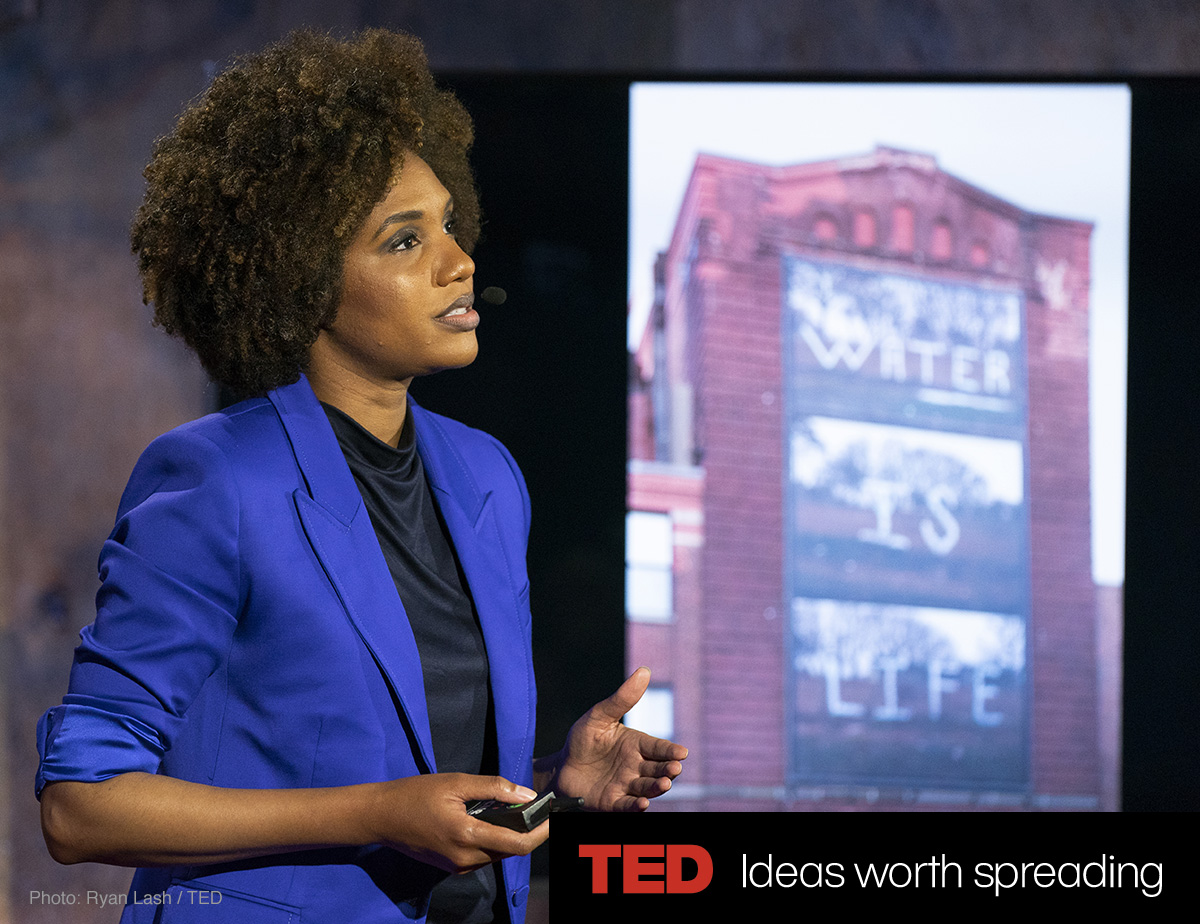“Et des terrils, un arbre s’élèvera” at MAC’s
The Museum of Contemporary Arts of the Wallonia-Brussels Federation announces the exhibition byLaToya Ruby Frazier titled Et des terrils, un arbre s’élèvera [And From the Coal Tips a Tree Will Rise] on view from 19 February to 21 May 2017.
“LaToya Ruby Frazier grew up in Braddock, in the suburbs of Pittsburgh, at the heart of the Rust Belt. […] Braddock’s recent history, forged by resurgent waves of unemployment, mounting poverty, demographic decline, the appearance of diseases, hospital closures, are inscribed on the bodies and landscapes which LaToya Ruby Frazier juxtaposes in The Notion of Family. Laying claim to the heritage of socio-documentary photography initiated by the FSA (Farm Security Administration), LaToya Ruby Frazier adds to this archive of working-class reality begun in the 1930s by Walker Evans, Dorothea Lange, Gordon Parks and others, capturing the town’s and her own family’s history from the inside—which is what makes her work unique.”


 TED Fellow and MacArthur Fellow, LaToya Ruby Frazier, will be the keynote speaker at the Trinity Institute Dialogue #2 “Not Just Flint: Water Crises and Inequality in the United States”
TED Fellow and MacArthur Fellow, LaToya Ruby Frazier, will be the keynote speaker at the Trinity Institute Dialogue #2 “Not Just Flint: Water Crises and Inequality in the United States”




